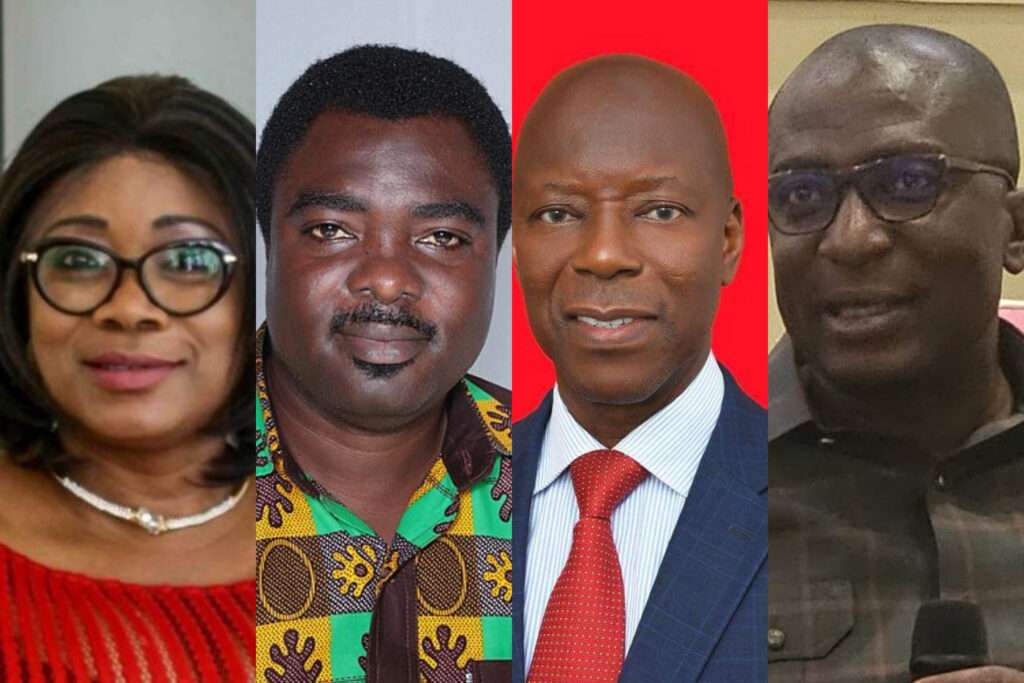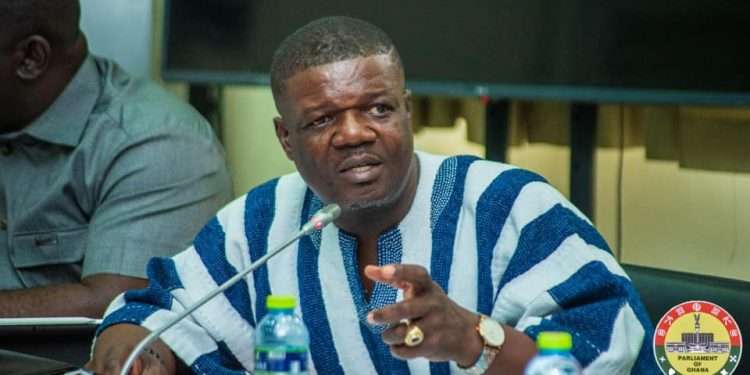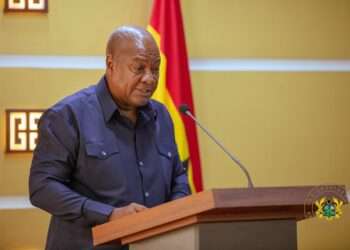Rockson-Nelson Dafeamekpor, Member of Parliament for South Dayi, has filed a lawsuit in the Accra High Court, challenging the status of four members of Parliament who recently declared their intent to contest the upcoming general elections as independent candidates.
His case aims to clarify the validity of these MPs’ seats in the legislature, arguing that their decision to run independently essentially vacates their positions according to Ghana’s Constitution.
The MP asserted his claim that “an order should be directed at the Defendant to ensure that Mr Andrew Amoako Asiamah, Member of Parliament for Fomena; Mrs Cynthia Mamle Morrison, Member of Parliament for Agona West; Mr Kwadwo Asante, Member of Parliament for Sohum; and Mr Peter Yaw Kwakye-Ackah, Member of Parliament for Amenfi Central, no longer have access to the chamber of Parliament to participate in parliamentary proceedings.”
Hon. Dafeamekpor argued that the Speaker should formally acknowledge these seats as vacant. He also seeks an injunction barring the four MPs from participating in parliamentary proceedings until the High Court resolves the issue.
The South Dayi MP claimed that the failure to declare these seats vacant violates parliamentary procedures and Ghana’s Constitution, as the Speaker’s role includes ensuring compliance with constitutional requirements concerning MPs’ eligibility to sit in Parliament.
“A declaration that recalling Parliament while the status of the said four ex Members of the 8th Parliament of the 4th Republic remains undetermined by pending processes before the Supreme Court and High Court would be unlawful and illegal.”
Rockson-Nelson Dafeamekpor, Member of Parliament for South Dayi
In his writ, Hon. Dafeamekpor seeks multiple declarations from the High Court. Among these, he requested that the court affirm that the four MPs’ participation in parliamentary activities is unlawful and in violation of Ghana’s Constitution, which limits MPs’ affiliation to one political party unless they formally resign from the legislature.
He further contended that Speaker Bagbin’s declaration of the seats as vacant on October 17, 2024, was constitutionally valid, bolstering his argument with Article 97(1)(g) of the Constitution, which prohibits MPs from retaining their seats if they choose to represent a different political entity.
Implications for Parliamentary Composition and Authority

The case also touches on broader issues surrounding the separation of powers and parliamentary authority. By questioning the Speaker’s actions, Hon. Dafeamekpor’s suit underscores the role of the judiciary in determining the boundaries of parliamentary authority, especially concerning MPs’ status in cases where party allegiance changes.
Hon. Dafeamekpor seeks a “declaration that any parliamentary proceedings involving the said four ex-Members of the 8th Parliament of the 4th Republic is unlawful and illegal.”
Adding to the complexity, the Supreme Court recently issued an injunction against the Speaker’s initial declaration of the seats as vacant, temporarily halting any action until a comprehensive review of the legal arguments is completed.
This move has sparked further discourse on the Supreme Court’s intervention in parliamentary affairs, with some critics questioning the court’s authority to halt internal parliamentary processes.
As Ghanaians await the court’s decision, the case reflects the inherent tensions between legislative authority and judicial oversight in Ghana’s constitutional framework.
The outcome will set a precedent for how similar issues will be handled in the future, potentially influencing political norms and party allegiance rules within Parliament.
It also underscores the challenges facing Ghana’s democracy as it grapples with questions of loyalty, representation, and legal accountability in the country’s evolving political landscape.
READ ALSO: Ghana Faces Pension Crisis As 8.1 million Workers Are Without Social Security Coverage





















